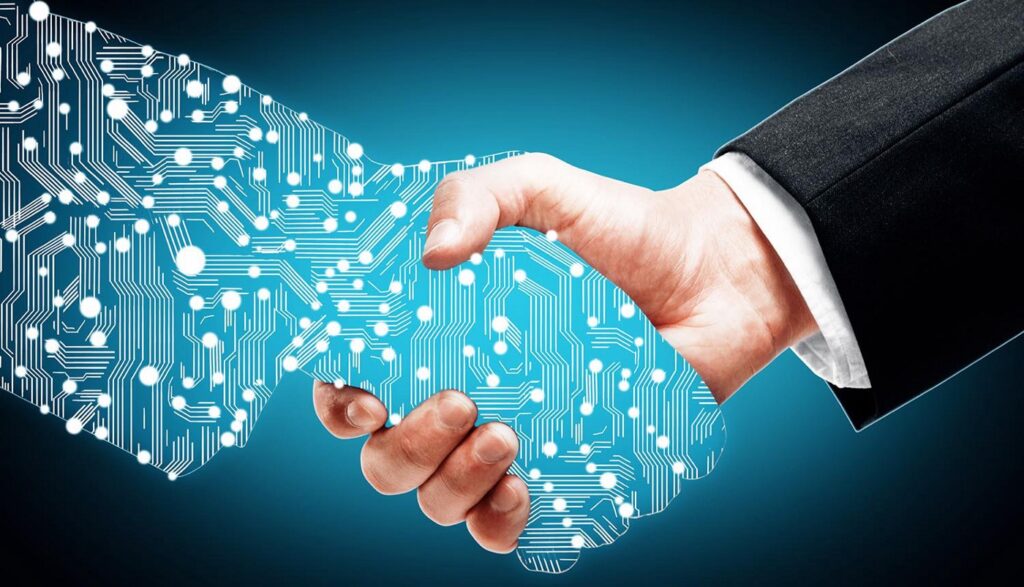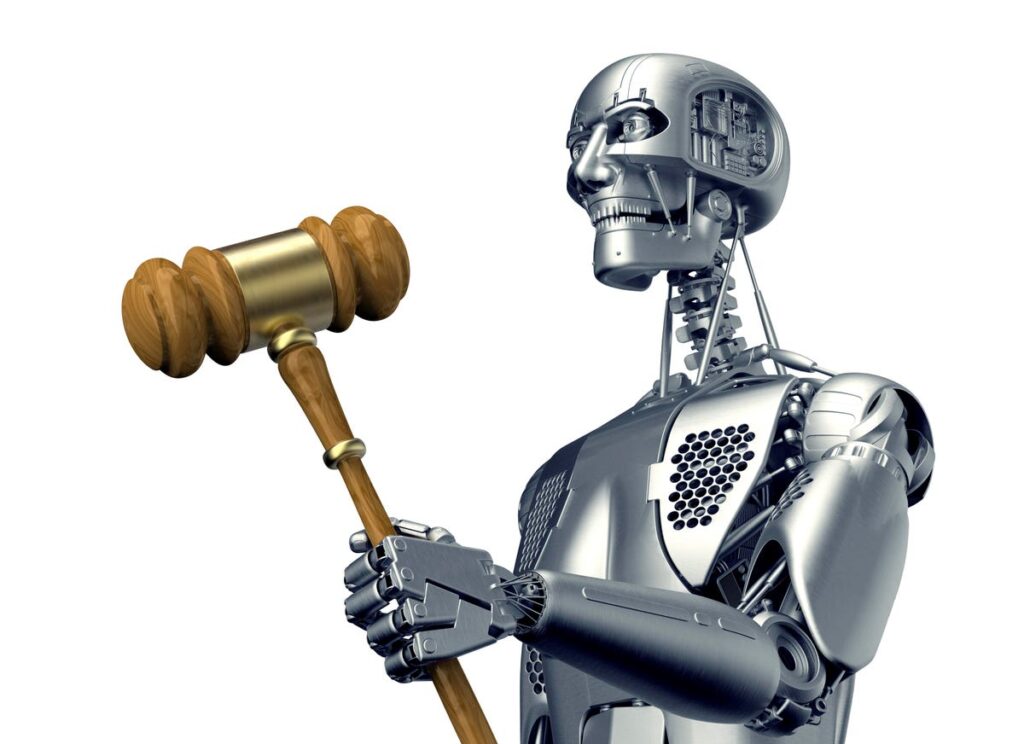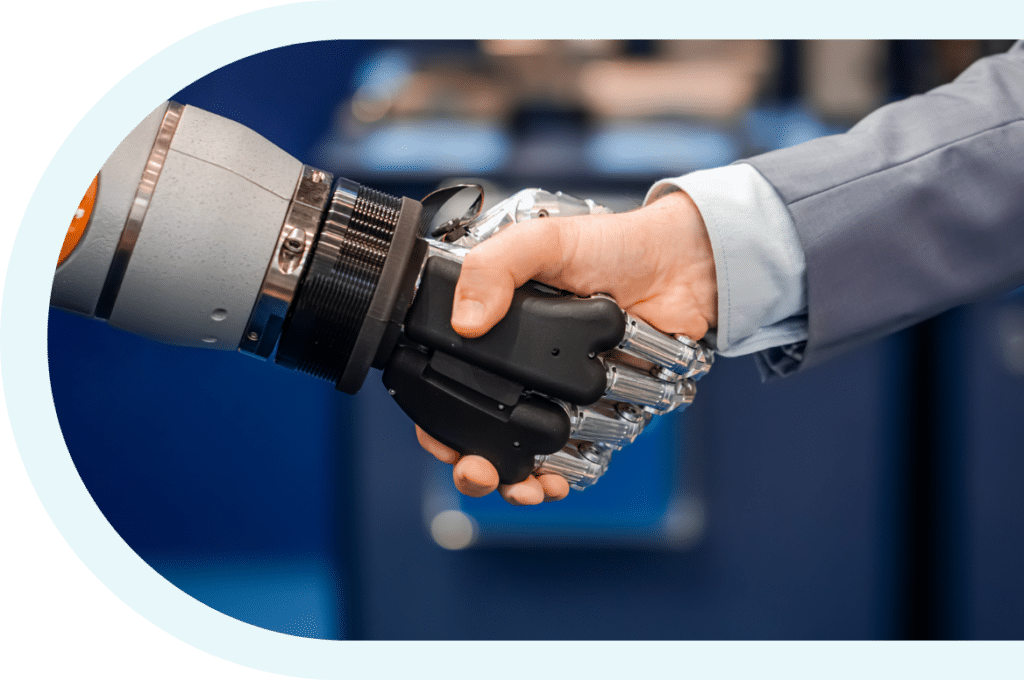Artificial intelligence (AI) is the ability of machines to perform tasks that typically require human intelligence, such as perception, reasoning, and learning. In recent years, AI has been applied to a variety of fields, including healthcare, finance, and transportation. One area where AI could have a significant impact is the judicial system.
The use of AI in the judicial system has been a topic of discussion for some time, with proponents arguing that it could increase efficiency and accuracy while reducing costs. However, there are also concerns about the potential biases and ethical implications of using AI in this context. In this article, we will explore whether AI can be used in the judicial system and examine the potential benefits and challenges of doing so.
Contents
The Potential Benefits
There are several potential benefits to using AI in the judicial system. One of the most significant benefits is increased efficiency. AI can process vast amounts of data and information much faster than humans can. For example, AI algorithms could quickly sift through thousands of legal cases and identify patterns and insights that could inform future decisions. This could save judges and lawyers a significant amount of time and resources, allowing them to focus on more complex legal issues.
Another potential benefit of using AI in the judicial system is increased accuracy. Human judges and lawyers are subject to biases, both conscious and unconscious. AI, on the other hand, can make decisions based solely on the data and information it is presented with, without any biases or prejudices. This could lead to more consistent and fair decisions, particularly in cases where there is a lot of data to sift through.
AI could also improve access to justice. In many countries, the judicial system is slow and expensive, making it difficult for low-income individuals to access justice. By automating some of the processes involved in the judicial system, such as document review and legal research, AI could reduce costs and speed up the process. This could make it easier for individuals who cannot afford legal representation to navigate the system and access justice.
The Challenges of Using AI
While there are potential benefits to using AI in the judicial system, there are also significant challenges that must be addressed. One of the most significant challenges is the potential for biases in AI algorithms. The lack of bias in AI systems may be remedied by providing more diverse training data. A biased AI algorithm is inevitable if biased data is employed to train it. This has the potential to result in biased and unjust judgments, especially when dealing with instances involving members of vulnerable populations.
Another challenge is the lack of transparency in AI decision-making. AI algorithms are often seen as “black boxes,” meaning that it is difficult to understand how they arrive at their decisions. This could make it challenging to hold the judicial system accountable for decisions made using AI. Additionally, it could make it difficult for individuals to appeal decisions made by AI algorithms.
There are also concerns about the ethical implications of using AI in the judicial system. Some argue that the use of AI could lead to the dehumanization of the legal process. The judicial system is an inherently human endeavor, and some argue that the use of AI could undermine the importance of human judgment and empathy in the legal system.
The Final Verdict
In conclusion, the use of AI in the judicial system has the potential to revolutionize the legal process by providing solutions that were not possible before.




